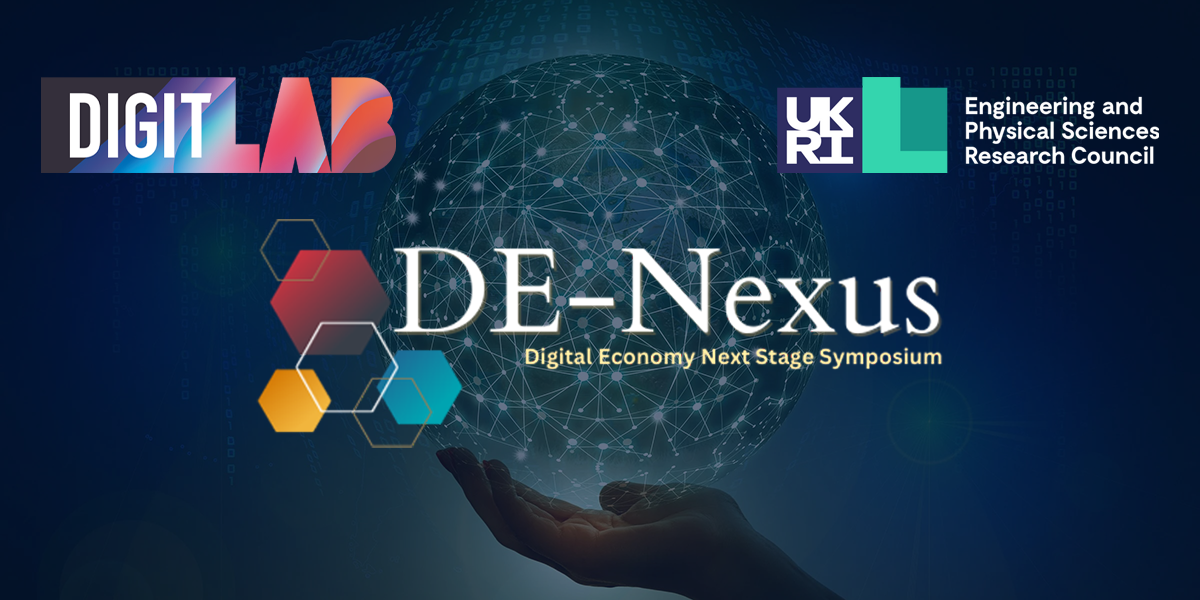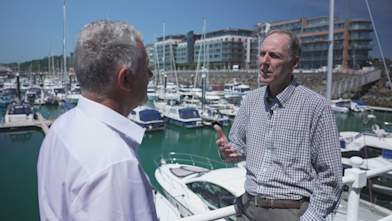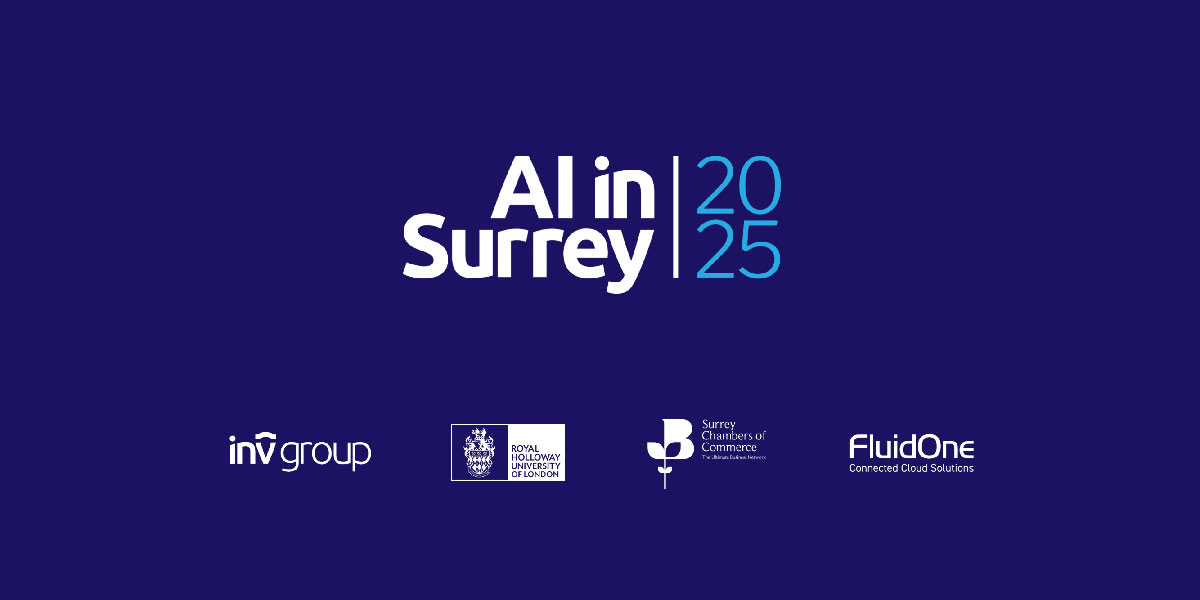DIGIT Lab’s DE-Nexus symposium held 10-11th June during London Tech week, showcased exemplary Digital Economy research. DIGIT Lab is an Exeter-led 5-year EPSRC funded Next Stage Digital Economy Centre. The showcase presented the research of DIGIT Lab along with the 5 other EPRSC Digital Economy centres. The showcase was attended by industry, academics, and UKRI representatives with keynotes from Lord Holmes.
The centres’ work have impacted policy, led to patents, publications, open source tools, and supported innovation, or societal impact. All centres engage, to make their work relevant, impactful, responsible, and inclusive, with a range of end users, from citizens to professional sportsmen/women and with industry (DIGITLabUK focus), and undertake a multidisciplinary approach to supporting the UK in developing adopting and innovating with digital technologies.
DIGIT Lab’s strong co-creation and engagement, with a particular focus on large established organisation real-world problems lies at the heart of its research as demonstrated by DIGIT Lab’s director, Professor Saeema Ahmed Kristensen who presented the centre’s key outputs from its first 3 years. Alongside academic publications, research has included a data-driven design framework, supporting the innovation of product and services with data, tested with industry partner See.Sense an IOT (Internet of Things) company; an open-source smartphone application initially deployed in partnership with Healios on their patients as a diagnostic tool, now expanded for use by NHS trusts for patients on their waiting lists; IoT-AI Agribusiness testbed and framework; Responsible innovation framework for agritech sector considering, Business model Innovation tool; large AI & creativity dataset; engagement with policy-makers on servitized platform models for public sector services.
The showcase held 4 panel sessions. Professor Saeema Ahmed-Kristensen and the Horizon director, Prof Boriana Koleva organised the Beyond the Data Driven Economy panel chaired by DIGIT Lab’s Exeter Co-Investigator, Professor Roger Maull. There was excellent industry representation across the panels with Rashik Parmar, CEO of the British Computer Society. DIGIT Lab also supported the panel Trust, Identity, Privacy, Security the chair of which was DIGIT Lab Co-Investigator Prof Gerard Parr. The panel engaged in discussions on security and the development of technology particularly in relation to threats as computing has moved to IoT.
A defining feature of DIGIT Lab is its multidisciplinary team which brings together researchers from engineering, computing and mathematical sciences with social sciences, psychology and beyond. As such this event proved to be an invaluable opportunity for DIGIT Lab’s researchers and academics to engage with the broader digital economy community including other researchers, industry professionals and stakeholders from sectors such as health, energy, manufacturing, education, energy, and the arts. Workshop sessions on 11th focused on hearing from the centres’ digital economy postdoctoral and early career researchers about their ideas and emerging research interests. DIGIT Lab ran the session on Radical Computing, with other future themes focusing on data, AI, health and wellbeing and creative content.
A report is expected from the event. For further details please contact s.ahmed-kristensen@exeter.ac.uk







